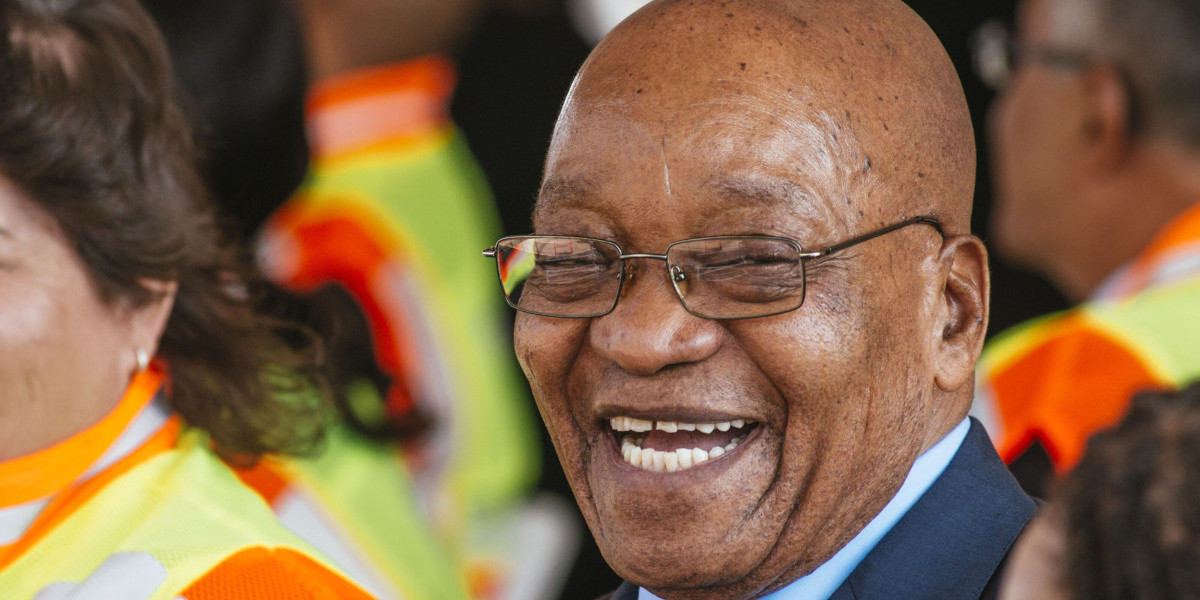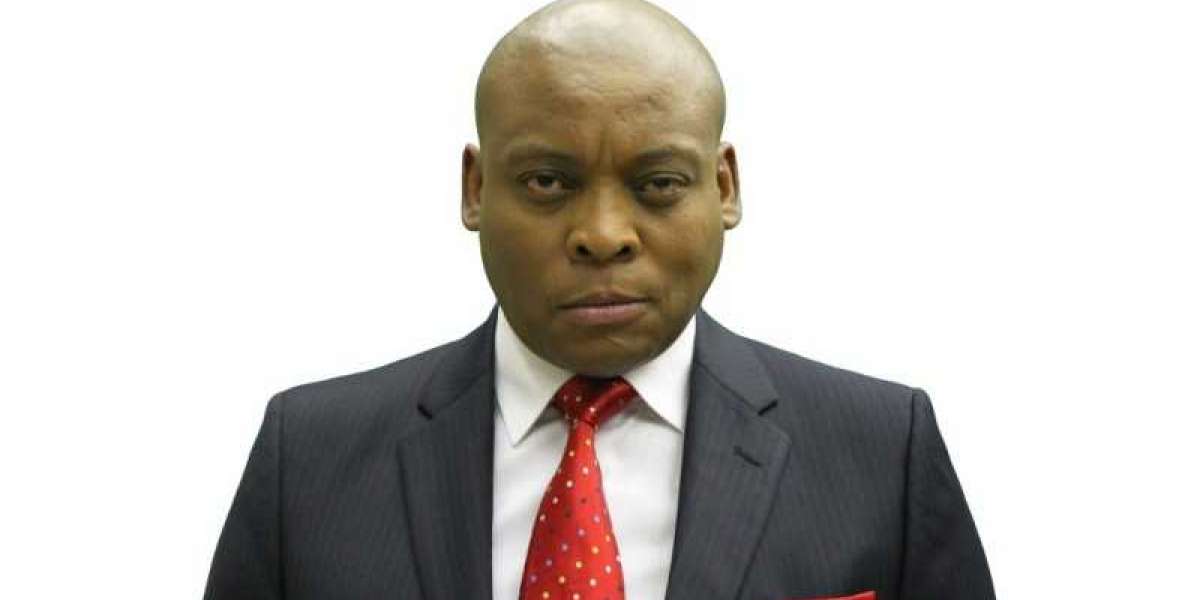Mulder highlights Zuma's ability to connect with the people and warns against underestimating him, citing the establishment of the MK Party as a testament to his resilience and grassroots support.
In a recent statement, Dr. Corné Mulder, the leader of the Freedom Front Plus (FF+) in the Western Cape, offered intriguing insights into the political stature of former South African President Jacob Zuma. Despite Zuma's exit from the Union Buildings, Mulder contends that his influence continues to reverberate across the political landscape, earning him the moniker of a "people's person."
Mulder's admiration for Zuma stems from the latter's historic victory over Thabo Mbeki at the ANC's national electoral conference in Polokwane in 2005. This triumph, Mulder argues, underscores Zuma's deep-seated connection with grassroots supporters and his adept navigation of complex political terrain.
Of particular note is Zuma's role in the establishment of the MK Party, a development that Mulder attributes to Zuma's resilience and ability to mobilize support at the grassroots level. Reflecting on Zuma's expulsion as the country's deputy president, Mulder recalls the widespread lamentation among senior figures—a testament to Zuma's enduring influence within political circles.
Looking ahead, Mulder cautions against underestimating Zuma's strategic acumen, especially in light of ongoing political dynamics within the ANC. He suggests that the party's loyalty to President Cyril Ramaphosa hinges on his perceived ability to attract major sporting events—a factor that could shift in the event of electoral failure.
Mulder also sheds light on broader political developments, including efforts by the Multi-Charter coalition to challenge the ANC's dominance and the growing clamor for the Western Cape's independence. He argues that disillusionment with the national government's failure in nation-building has fueled support for autonomy, particularly among Capetonians who feel marginalized.
In addressing the issue of national unity, Mulder advocates for leveraging South Africa's diversity as a strength rather than shying away from it. He emphasizes the need to harness major sporting events as opportunities for fostering lasting unity—a sentiment echoed in the wake of past successes such as the Rugby World Cup in 1995 and the FIFA World Cup in 2010.
Mulder's remarks offer a multifaceted perspective on the intricate interplay of politics, identity, and governance in contemporary South Africa. Through his analysis, he provides valuable insights into the enduring legacy of Jacob Zuma and the evolving dynamics of political power in the nation.








